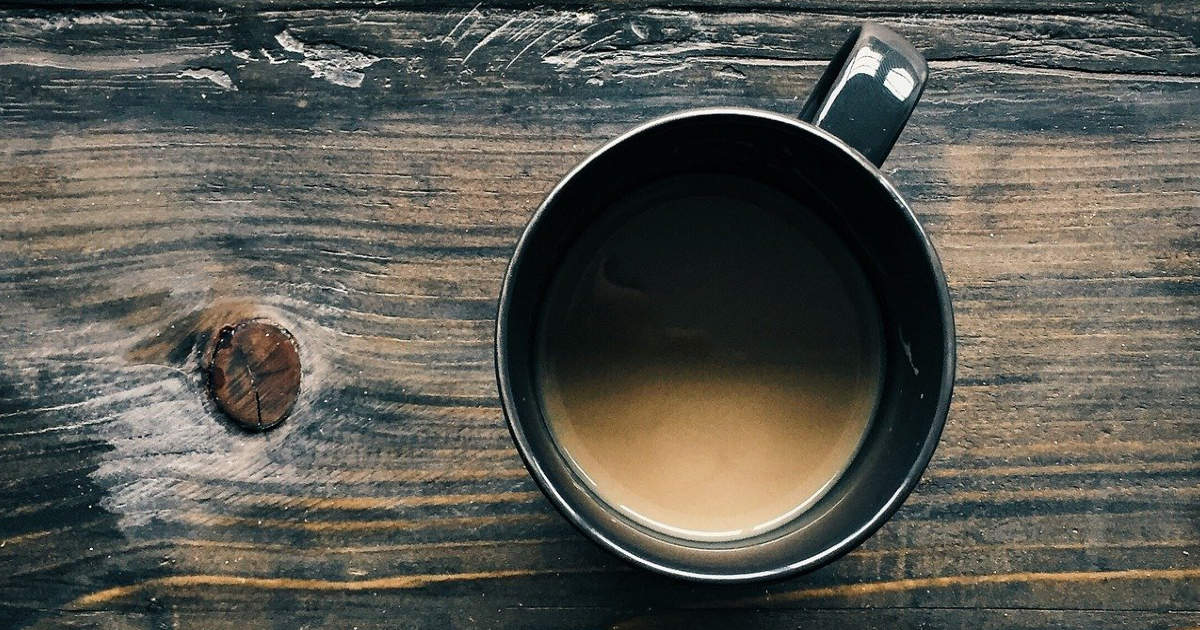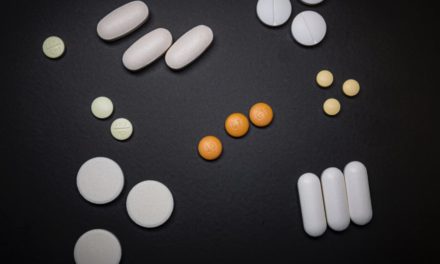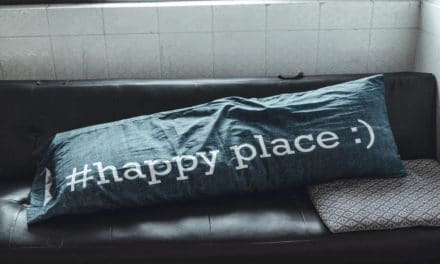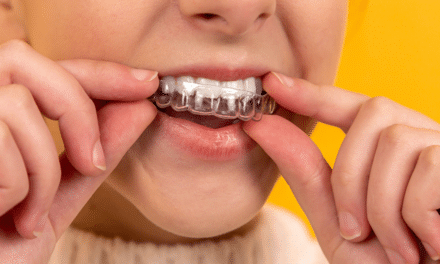There was a time before I started prioritizing sleep that I believed coffee or caffeine, in general, would make up for my sleep deficit. At this time, I had numerous tests at school and a load of homework that made me overwhelmed. I valued time completing these assignments and studying instead of going to sleep early. I pulled a few weeks on this and realized I was making simple mistakes on assignments and tests. I knew that I was not getting enough sleep, but I assumed that the coffee would give me the energy I needed to complete all these tasks, and then I could catch up on sleep later. I will be explaining how horrible my thought process was due to me getting an appropriate amount of sleep today and some information regarding coffee intake that interrupted my body and mind’s proper functioning.
Newsmax Health’s article “Coffee Falls Short When Sleep Deprived, According to New Study” speaks of an experiment analyzing the effects of caffeine vs. deep restorative sleep. They found that caffeine helped with simple tasks and reaction time but did not help with complex tasks that required many steps. One important thing to note is that this study only looked at people not getting enough sleep for one night. The most likely conclusion is that caffeine will get less effective as you build up more sleep debt. As this debt continues to increase, you may notice that you need more caffeine to feel any benefits. At some point, this caffeine (at considerably high levels) will lead to things like high blood pressure, heart issues, and more headaches. The significance of this study shows that you need to receive enough sleep as there is nothing that can counter the adverse effects of sleep deprivation. So please have enough sleep and do not believe your body can run on caffeine.
For people with muscular dystrophy, this issue becomes even more drastic. This condition involves a state of chronic inflammation where your body has trouble dealing with the accumulation of damage to your muscles. Your immune system is forced to try and stop the damage to your body which is exhausting. Deep restorative sleep ensures all the processes in the body function as effectively as possible to reduce inflammation in your body. While caffeine may help reduce some amount of inflammation, it does not compare to the benefits of receiving enough quality sleep.
I am not saying to stop drinking coffee and tea; I am solely saying not to rely on caffeinated products instead of sleep. In terms of coffee, you should not be drinking coffee anywhere past 2:00 pm. Most people recommend not having caffeine eight to ten hours before sleeping. I sleep at 11:15 pm every single day. I never have coffee past 2:00 pm, and I always try to have coffee before 1:15 pm, as that is ten hours before I fall asleep. Another suggestion would be to have one cup of coffee a day and if you need any more caffeine, rely on tea like green tea or black tea to have any caffeine intake. If you pair proper caffeine drinking protocols with quality sleep, you should have enough energy to get you through the day without feeling tired.
For those that are curious, the type of coffee I drink is called bulletproof coffee. I will be speaking about this type of coffee in further detail in a nutrition post, but I will overview what coffee is. To make this coffee, you brew a cup of coffee using a standard method (I use a coffee brewing machine with illy coffee beans). You then mix one to two tablespoons of butter or ghee (I recommend using butter or ghee that is organic and grass feed). You also want to mix one to two tablespoons of a form of MCT oil (I use Brain Octane C8 MCT oil which is a highly concentrated version of MCT oil). After this, I use a blender to create the bulletproof coffee I drink each morning.
Hopefully, this blog makes you understand that nothing can replace sleep (sadly, the phrase that sleep does not compare to coffee is incorrect), especially one that is deep and refreshing for your body. You can still drink coffee, but drink it when the caffeine will not affect your ability to fall asleep and have a quality sleep. DO NOT have the misconception that caffeine can make up for the hours you did not receive sleeping. Sleep deprivation, especially one that occurs over a prolonged period, is detrimental to your body, so please take the initiative to find a way to improve your sleep and the amount you receive.





